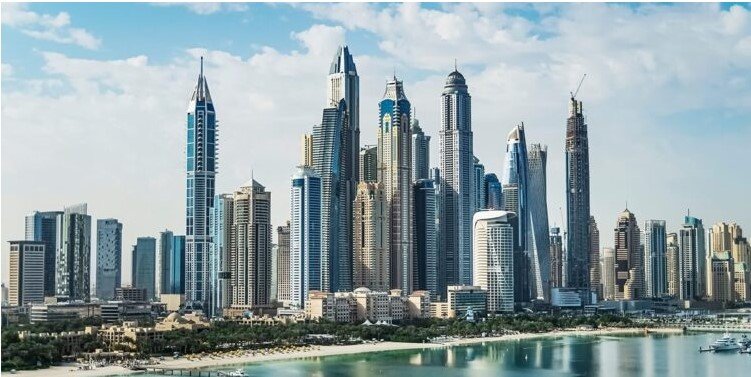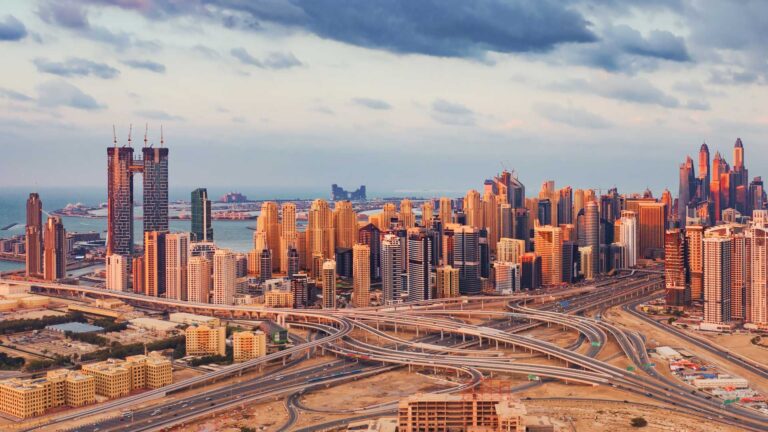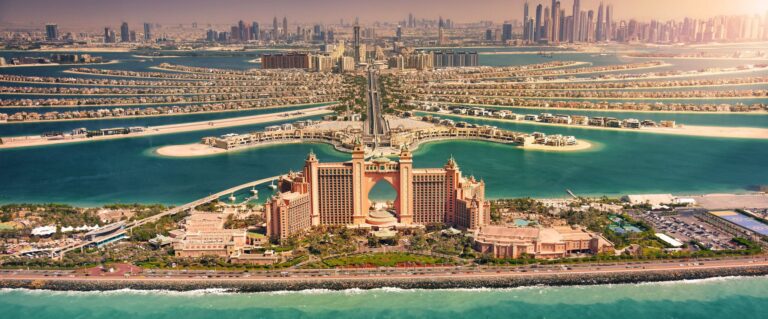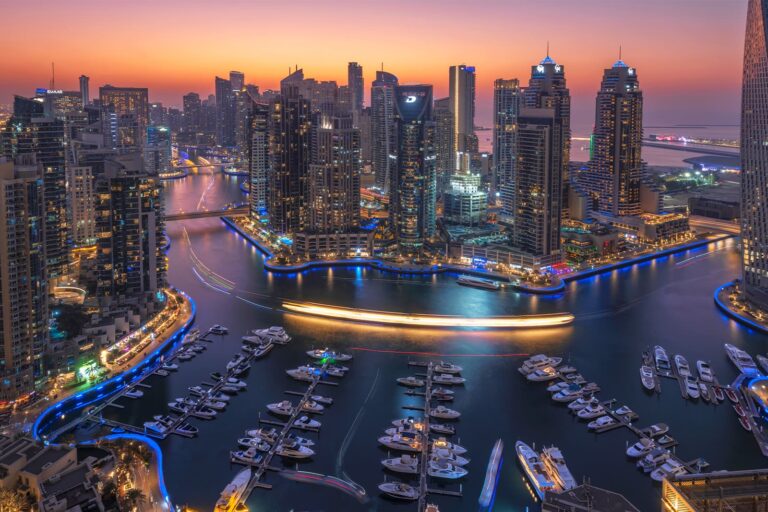Freehold vs Leasehold in Dubai: What Every Buyer Should Know
The Dubai Real Estate market has been luring Indian investors for decades, and rightly so. A multitude of property choices, from sea-view apartments to chic office spaces in busy business districts, exist within the Emirate. But if you plan to buy property in Dubai, there is one very important decision you must grasp clearly: Freehold vs Leasehold.
Both those words sound technical, but they have a direct impact on your rights as a buyer. Let’s cut through that and simplify so you know precisely what you’re getting yourself into.

What is Freehold Property?
In layman’s terms, freehold is outright ownership of the property and the land it occupies. When you purchase a freehold property in Dubai:
The property is registered in your name.
You are issued a title deed by the Dubai Land Department.
You are free to sell, rent out, or leave the property to inheritors without any limitations.
You do not require a local sponsor to own.
This is the most sought-after choice for Indian consumers who are seeking long-term investment, retirement planning, or establishing a family base in Dubai.
Popular Freehold Areas in Dubai:
There are many freehold areas in Dubai, some of which are as follows:
Downtown Dubai
Dubai Marina
Palm Jumeirah
Business Bay
Jumeirah Village Circle (JVC)

What is Leasehold Property?
The Leasehold is where you are renting the property long-term, usually for a period of 99 years. You do not own the land, but you own the right to occupy or use the property up to the lease period. When the lease expires, the property goes back to the original owner unless it is extended. It’s similar to buying a house on rent for a very long term.
Here’s what leasehold does for Dubai Real Estate:
You have the right to utilize it, but not to the land.
Repairs and major structural changes may need freeholder permission.
Selling rights may be restricted, depending on the contract.
It’s usually a bit cheaper than freehold.
Popular Leasehold Areas in Dubai:
Some of the popular leasehold areas in Dubai Real Estate are as Follows:
Al Barsha
Deira
Jumeirah (non-designated zones)
Al Karama
Mirdif

Freehold vs Leasehold – Key Differences at a Glance
Feature | Freehold | Leasehold |
Ownership | You own the property and the land | You lease the property for up to 99 years |
Control | Full control—buy, sell, rent, renovate | Limited—need approvals for major changes |
Inheritance | Can be passed on to heirs | Depends on the lease agreement terms |
Cost | Usually, a higher upfront cost | Lower initial price, but fewer rights |
Popular With | Long-term investors, families | Budget buyers, short-term expats |
Which Option is Better for Indian Buyers?
If you are an Indian investor planning to buy Dubai Real Estate, your choice is based on your motive.
Desiring to buy a home for your family in Dubai?
Freehold is your choice. It offers you full control, long-term safeguard, and authority to pass on the property to your children.
Desiring to invest and gain rental returns?
Again, freehold is a smart choice because it offers greater freedom when it comes to resale and renting.
Making a short stay or modest investment?
Leasehold is the ideal choice and is most suitable if your finances are limited ad prefer to own the property for a limited period.

Legal Protection for Foreign Buyers
The Dubai Real Estate Market has ensured that property ownership is secure and transparent for foreign investors, including Indians. The Dubai Land Department (DLD) ensures transactions are registered, secure, and documented. Title deed is given to freehold buyers, and leasehold buyers enter into a legal contract with terms clearly outlined.
For Indians, the ownership of a property in Dubai is 100% legal. You don’t need any NRI status, and you don’t need a sponsor or partner. And, of course, there is no property tax in Dubai only small one-time charges during purchase and annual maintenance fees.
Freehold Benefits:
You get complete ownership of the land as well as the property.
You have the full right to sell, lease, or alter your property anytime.
It’s a good choice if you’re considering an investment in Dubai for the long term.
Your family members can inherit the property in the future.
Freehold Cons:
The purchase price is relatively higher compared to leasehold properties.
Freehold properties are only found in chosen locations in Dubai.
Leasehold Pros:
Leasehold properties tend to be cheaper, particularly for first-time buyers.
You can reside in older, prime locations not found in freehold.
Great for expats or investors looking to stay short to medium in Dubai.
Leasehold Cons:
You do not own the land but only the right to occupy the property.
When the lease expires, renewal is not necessarily automatic.
You require permission for significant alterations or for sale in certain situations.

Final Thoughts For Dubai Real Estate
Dubai Real Estate is one of the safest, fastest-developing, and investor-friendly real estate markets in the world. As an Indian investor, understanding the distinction between freehold and leasehold properties can assist you in making wiser choices based on your investment period, lifestyle, and budget.
Our Tip? If you’re in it for the long haul, freehold is the clear winner. But if your needs are short-term or budget-driven, leasehold can still offer a valuable opportunity.
Prior to making a move, seek the advice of a credible Dubai-based real estate advisor or legal consultant to learn the exact terms and rights associated with your preferred property.

